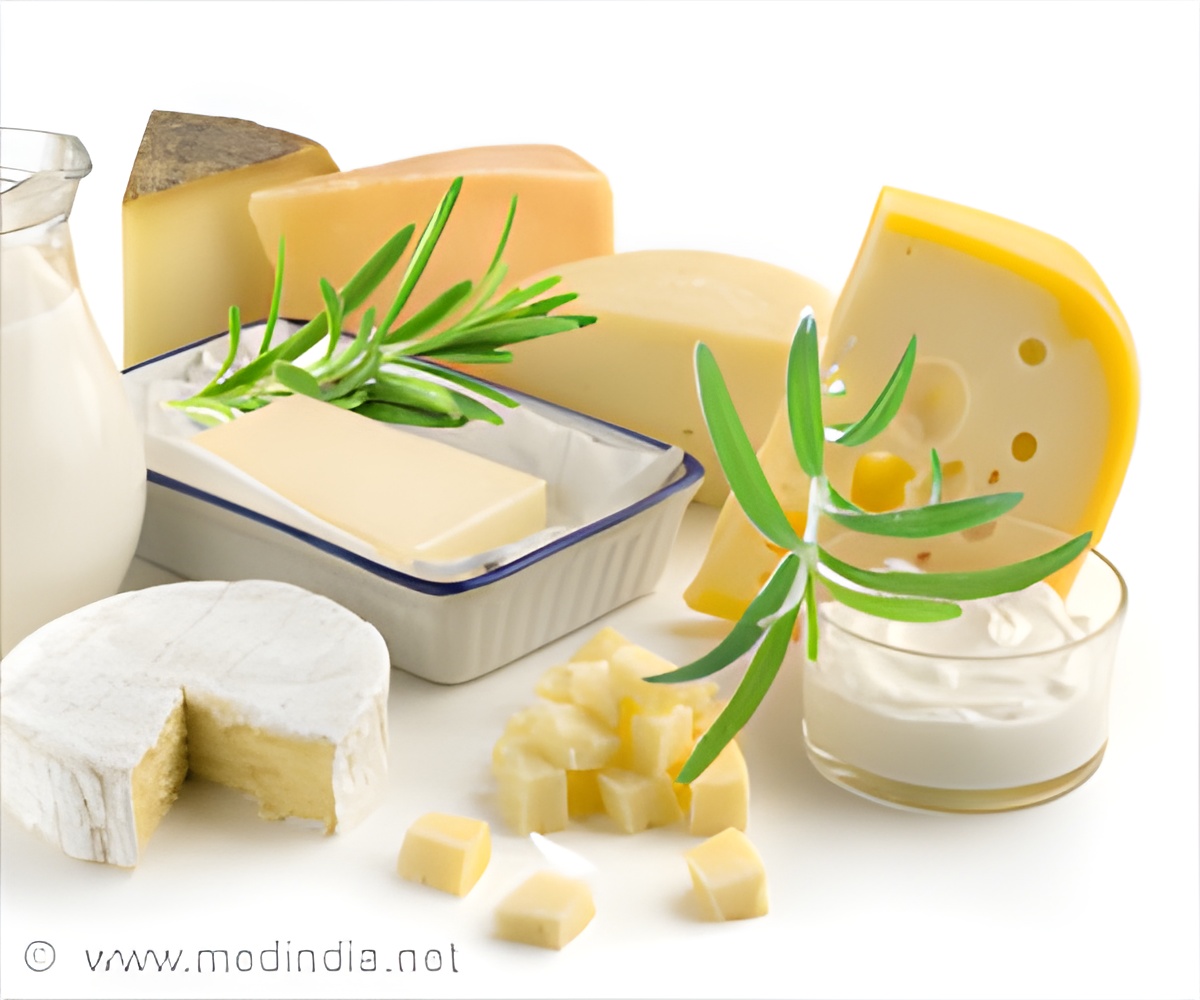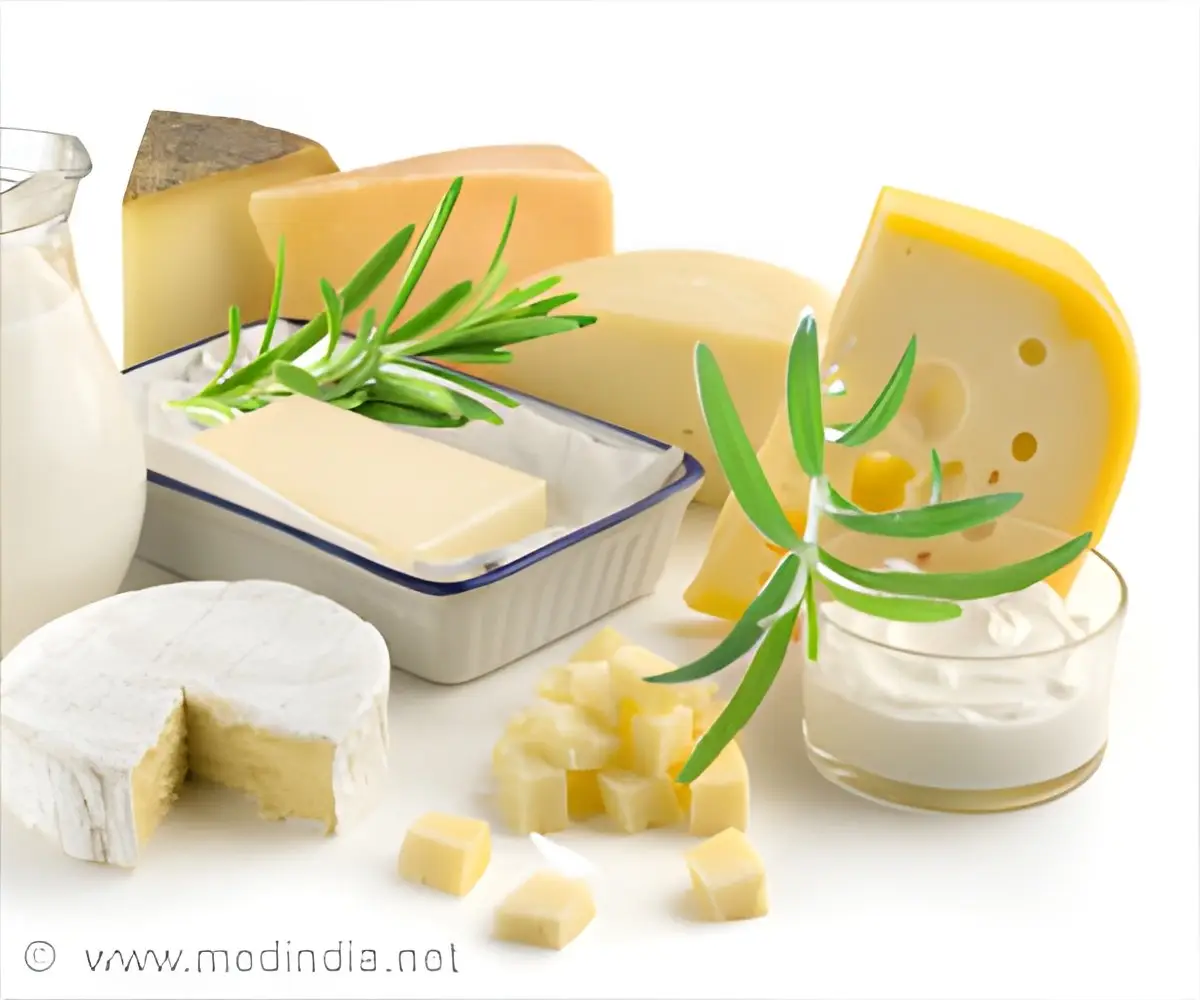-
 play_arrow
play_arrow
Radio Rehoboth

Fermentation with lactic acid bacteria enhances plant-based dairy alternatives taste and nutrition.

Plant-derived dairy alternatives such as soy, oat, and almond drinks continue to grow in demand because consumers prefer non-animal products. Even though these products exist, they deal with taste problems and poor nutritional content, which makes consumers avoid them and reduces their value in dietary plans. Scientific investigations demonstrate the potential effectiveness of performing plant beverage fermentation with precise lactic acid bacteria to solve these issues.
Enhancing Flavor Profiles Through Fermentation
Plant-based dairy alternatives struggle with unpleasant flavors that produce bitter, earthy, or green tastes. The plant-derived off-flavors originate from metabolic by-products, which include aldehydes, ketones, and tannins. Targeted strains of lactic acid bacteria transform bitter plant-related compounds into flavorless substances that help replicate regular dairy product taste profiles (1✔ ✔Trusted Source
Fermentation of plant-based dairy alternatives by lactic acid bacteria
Go to source
).
Improving Nutritional Value and Mineral Absorption
Plants used as dairy substitutes frequently introduce chemical elements that reduce mineral absorption in humans, so they cannot take in essential minerals such as iron and zinc along with calcium. Anti-nutrient compounds bind to minerals, thereby decreasing their biological absorption in the body. The fermentation process using lactic acid bacteria successfully degrades anti-nutritional compounds, which makes minerals more accessible to the body, thus increasing the nutritional value of the final product.
Broader Applications in Sustainable Food Development
Lactic acid bacteria originating from plant environments demonstrate superior traits for performing plant-based milk fermentations. The chosen bacterial strains are a key determining factor in deciding fermentation efficiency. Plant-based substrates serve as their evolutionary habitat, allowing these strains to perform with higher efficiency in the modification of flavor compounds and the destruction of anti-nutrients from plant-based ingredients.
The knowledge acquired from plant-based dairy fermentation extends its applications toward sustainable food production development. Alternative protein ingredients like insect-based products alongside microbial proteins experience comparable nutritional difficulties and sensory issues. The use of fermentation methods, together with proper lactic acid bacteria, enhances both the taste quality and nutritional benefits of these products, thereby developing a more sustainable, diversified food system.
This approach not only improves consumer acceptance but also enhances the health benefits of these products.
Reference:
- Fermentation of plant-based dairy alternatives by lactic acid bacteria – (https://pubmed.ncbi.nlm.nih.gov/35393728/)
Source-Technical University of Denmark
Go to Source:https://www.medindia.net/news/sour-power-fermentation-boost-for-plant-based-dairy-219513-1.htm
Author:
Written by: RSS
Similar posts
Copyright 2023 East Sussex Public Broadcasting, Inc.









